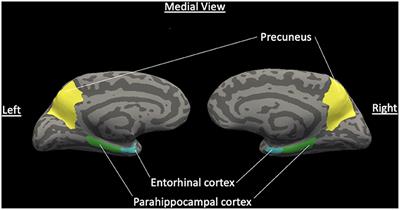EDITORIAL
Published on 30 Jan 2023
Editorial: Neurocognitive disorders and depression—Complex interrelationships
doi 10.3389/fpsyg.2023.1088086
- 1,437 views
10k
Total downloads
41k
Total views and downloads
EDITORIAL
Published on 30 Jan 2023
ORIGINAL RESEARCH
Published on 20 Oct 2022
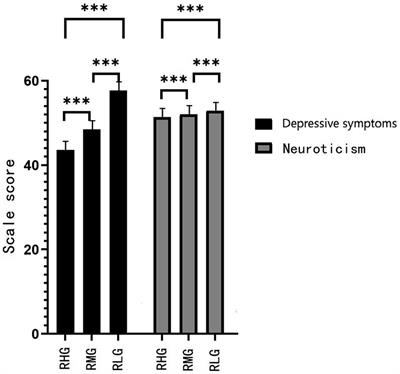
SYSTEMATIC REVIEW
Published on 13 May 2022
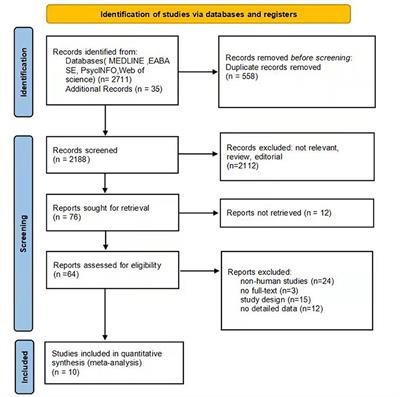
REVIEW
Published on 08 Mar 2022
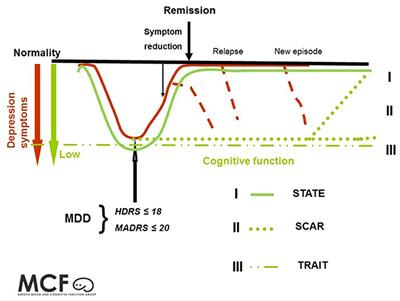
ORIGINAL RESEARCH
Published on 20 Jan 2022
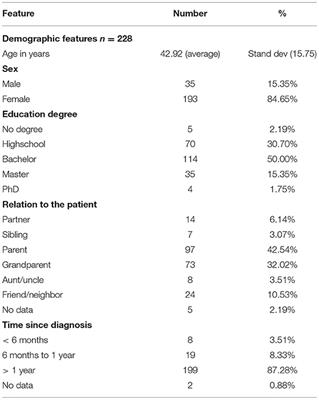
SYSTEMATIC REVIEW
Published on 24 Dec 2021
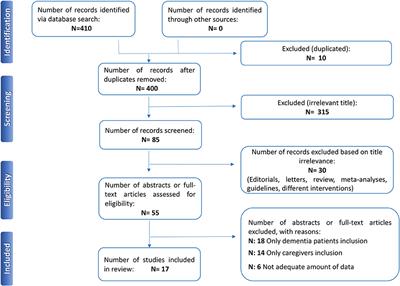
ORIGINAL RESEARCH
Published on 14 Dec 2021
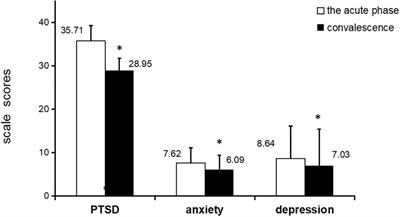
ORIGINAL RESEARCH
Published on 05 Nov 2021
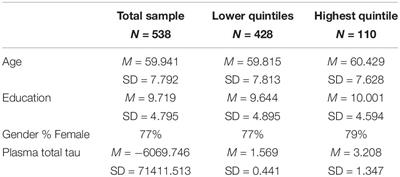
ORIGINAL RESEARCH
Published on 05 Oct 2021
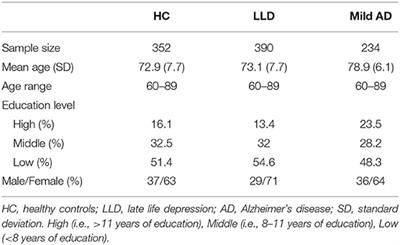
ORIGINAL RESEARCH
Published on 14 Jul 2021
